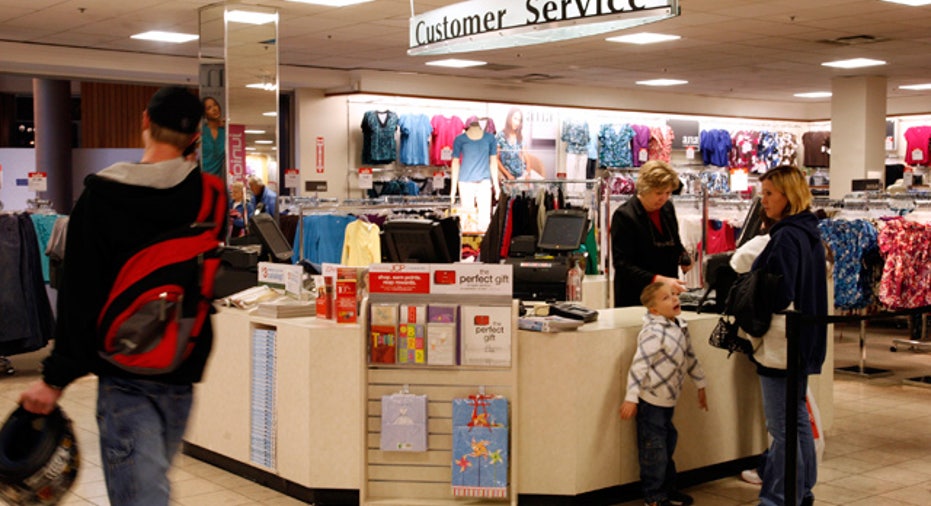Why Retailers Can’t Wait Until Election Day

Retailers are known to play the blame game when it comes to their sales numbers. They will point the finger at Mother Nature for being too hot or rainy, Hollywood for releasing a blockbuster and distracting shoppers and even consumers themselves for being too bargain hungry, hurting their margins. But they might have a legitimate excuse during the campaign season.
According to ShopperTrak, shopping activity decreases during a campaign cycle. During the 2004 presidential election, retailers experienced a 0.7% year-over-year decline in sales and a 2.2% drop off the week before Election Day. In 2008, foot traffic dropped off 3.7% the week before the election and 6.3% the week of the election, when compared with the same period the year before.
“As we get closer to the day, retailers will struggle to find air time between all the political aids running and get consumers’ attention,” says Bill Martin, ShopperTrak’s founder. “Consumers get bombarded and consumed with the election coverage…just look at the first debate, it brought in 60 million viewers who weren’t out shopping.”
Shoppers tend to go “on hold” during the campaign, according to Pam Danziger, president of Unity Marketing. “People are on pins and needles, everybody has a hat in the game and that shifts their primary focus to necessity buying — they are still going to need milk and gas, but they tend to put on hold shopping trips and weekend getaways until they know who is going to be elected.”
Thankfully for retailers, Martin says the pent-up demand will make up for the lost revenue. “We see it released immediately after the election no matter which party wins. Be prepared for the weekend following the election to be a big shopping day -- that will be the start of the holiday season in earnest.”
While retailers might enjoy the boon, it might be short lived. According to Steve Pruitt, founder and senior consultant of Blacks Retail, there is a pattern of down sales the year after an election. “Every year since 1950, except for two in which the economy was experiencing a recovery, there was a downturn in retail sales. I expect the rate to slow for sure in 2013 and it could go negative based on the ineptitude of the government.”
Spending Power
American Express Publishing and Harrison Group released a study this week highlighting that holiday spending will tick up 33.5% to $3.4 billion among the top 1% of earners. On the flip side, the study showed the rest of consumers planning to spend 3.4% less this season.
“When you look at raw data, retail is up 5% year-over-year, and that’s a big number, but if you look at this same time last year, it was up 7.5% from 2010, so the real question is how strong is this recovery?” says Danziger.
She points out that the middle-class's drop in income puts more pressure on the economy and on retailers to attract wealthy shoppers.
“The middle class has seen its income drop 4% and that is a terrible sign for retailers and the economy. The affluent ones are the ones who have the money left and can turn on and off the spigot in terms of spending, and if they feel embattled or under attack from the White House they aren’t going to spend as much. They can afford to hold out.”
Experts agree that the election process weighs more heavily on retailers than the results — it’s the certainty of knowing who will occupy the Oval Office that will calm fears.
“Retailers looking into future investments want to have a clear direction and if they don’t see a clear picture then they won’t do anything, they hold back, which holds back growth,” says Pruitt. “Businesses aren’t going to take risks over growth if they don’t know what is going to happen.”
Bargain-seeking shoppers worried about the election over shadowing or reducing Black Friday advertisements don’t need to fear. Black Friday has become so engrained in our society that nothing will impact the deals and the two weeks after Election Day and the shopping event is plenty of time to spread the word.
“When you think about all the people sitting around the Thanksgiving table the conversation will eventually roll around to how early people are setting out and what they are trying to get. It’s know part of the holiday,” says Martin.



















